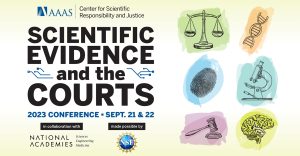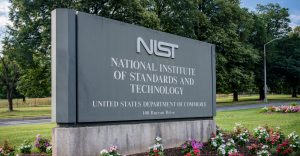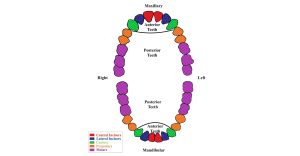A central mission of The Center for Statistics and Applications in Forensic Evidence (CSAFE) is to take the statistical discoveries made in our research teams and provide practical tools to make forensic scientists’ jobs easier, and more efficient.
Many forensic scientists understand the importance of applying statistical principles to their work, but may not know the best approach to do so. In September 2017, CSAFE Co-Director Dr. Karen Kafadar gave over 50 scientists from the Denver Police Department Crime Lab, Colorado Bureau of Investigation, and EPA-NEIC the opportunity to learn just that during a two-day statistical training.
Dr. Kafafadar, a Common Wealth Professor and Chair of the Statistics Department at University of Viriginia, showed Denver area scientists how to determine the variability of their crime scene evidence analysis results, calculate the amount of uncertainty in their conclusions, understand the reliability of their analysis procedures, and look at the probability of a right decision given the evidence. Under her guidance, participants gained a newfound appreciation for how statistics can better ensure their testimony is effectively bringing the correct criminal to justice.
“People walked away ecstatic and raved about Karen’s ability to explain in a methodical fashion some of the statistical problems many of the scientists face in their case work,” Adrian Krawczeniuk, Quality Representative and Chemist at the Denver Federal Center said. “I truly want to thank Dr. Kafadar and CSAFE for their support in making this training happen for the forensic practitioners in the Denver metro area.”
In a perfect world, examiners would be able to say with 100 percent certainty that forensic evidence such as a fingerprint collected at a crime scene matches or doesn’t match a suspect. In real life, forensic scientists can’t know the absolute truth. Armed with a basic knowledge of statistics, forensic practitioners can improve their skills and bring more accuracy to their analysis conclusions.
“The statistics training was an overall success. Dr. Karen Kafadar was outstanding,” Krawczeniuk said.
CSAFE researchers aim to translate their work into practice, leading to practical solutions for current forensic science problems. CSAFE prioritizes furthering the education of professionals in both forensic science and the legal communities.
“By offering some initial training in statistics, we hope to increase understanding of the scientific foundations of evidence analysis,” said Kafadar. “In Denver, it was a real pleasure to have forensic scientists from various laboratories who genuinely appreciated the value that statistics can bring to their work, and enthusiastically embraced the opportunity for such training.”
CSAFE would like to thank Adrian Krawczeniuk at EPA and Bonnie Mountain at the Denver Crime Lab for organizing this training.
Our learning opportunities include online training modules, as well as hosted workshops. We invite you to view CSAFE archived learning opportunities in our website Education Center and upcoming trainings on our Events Page.




